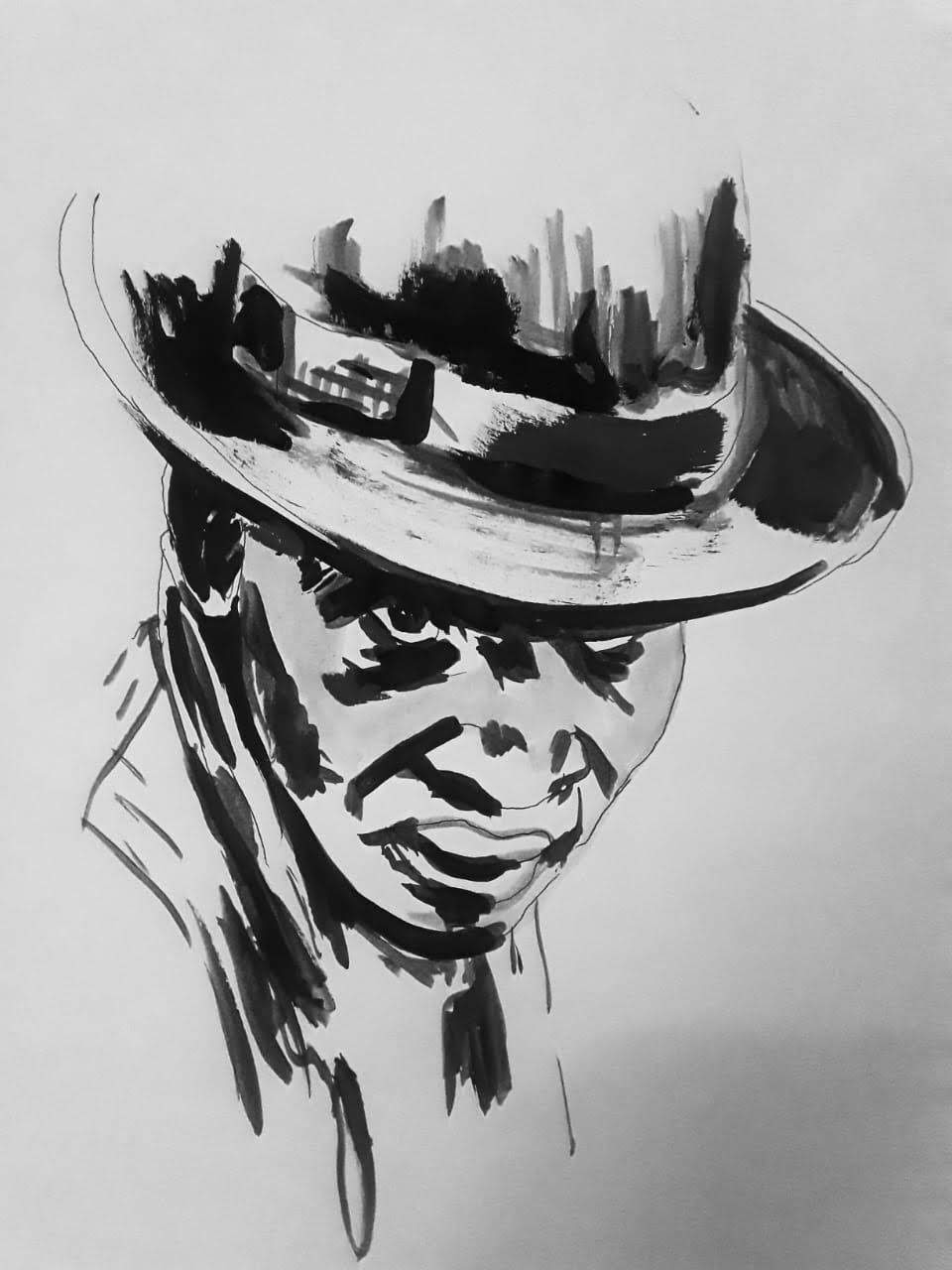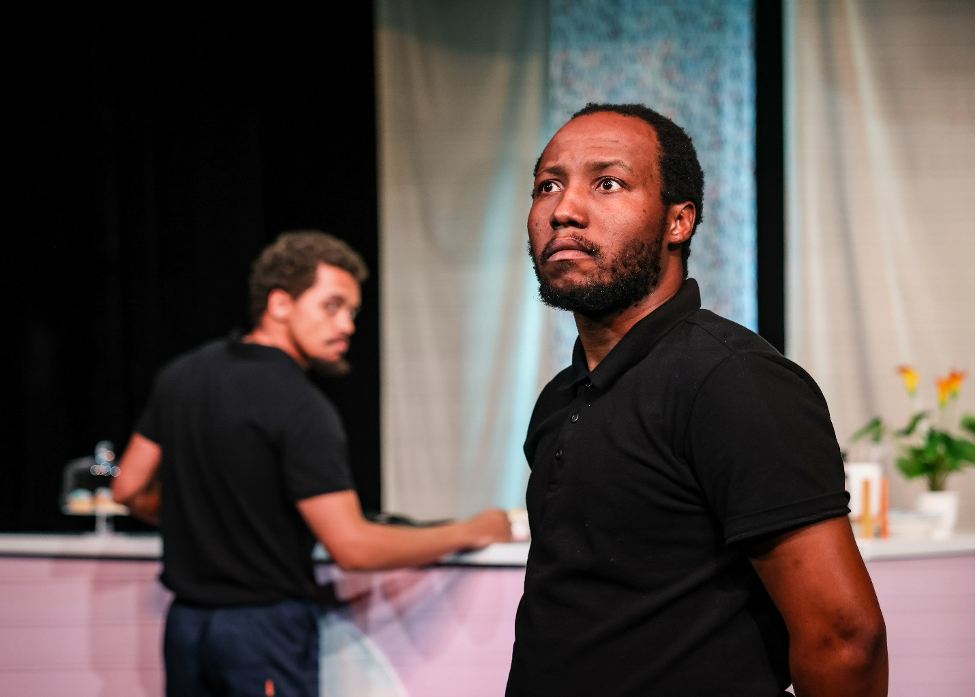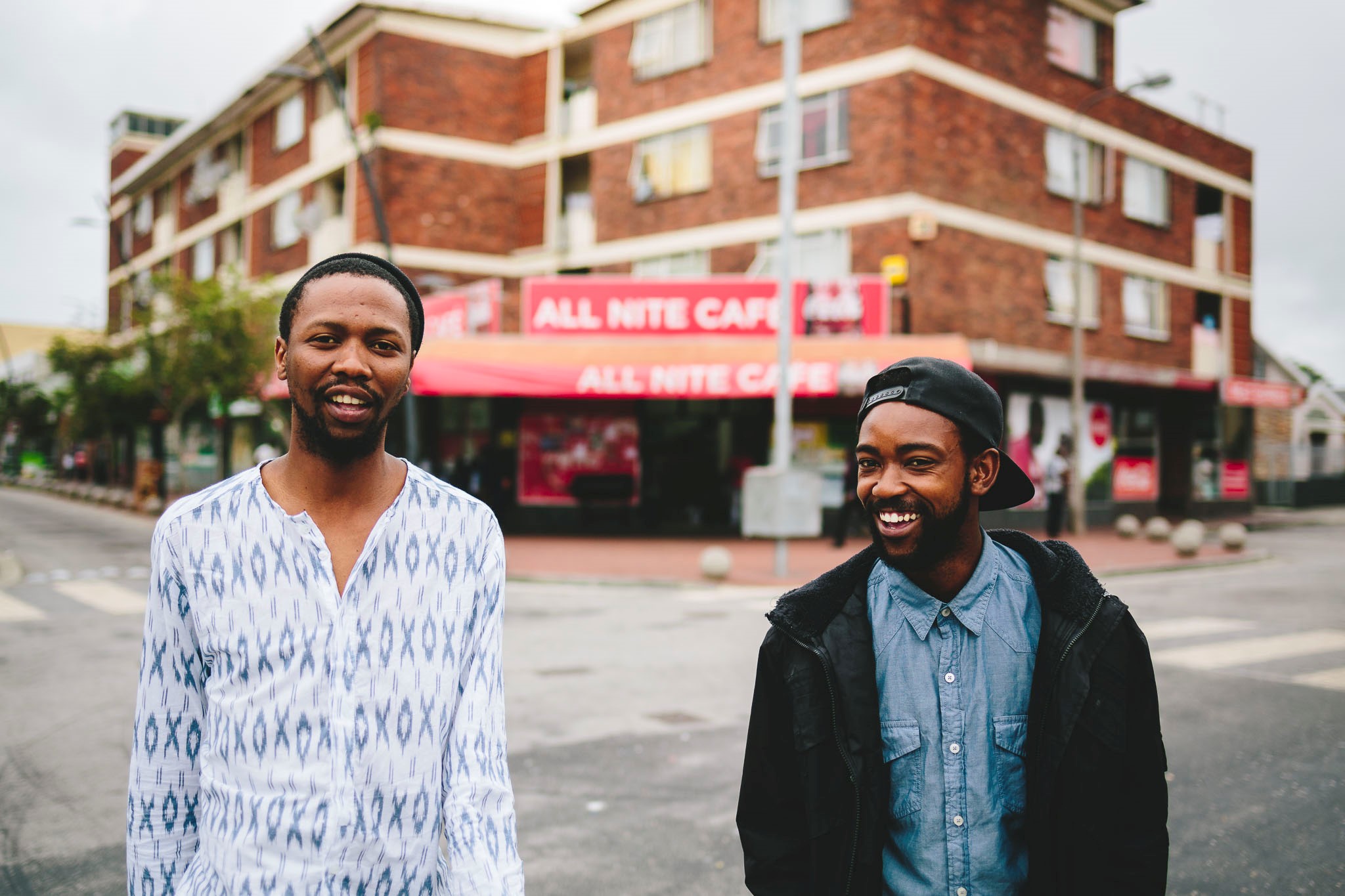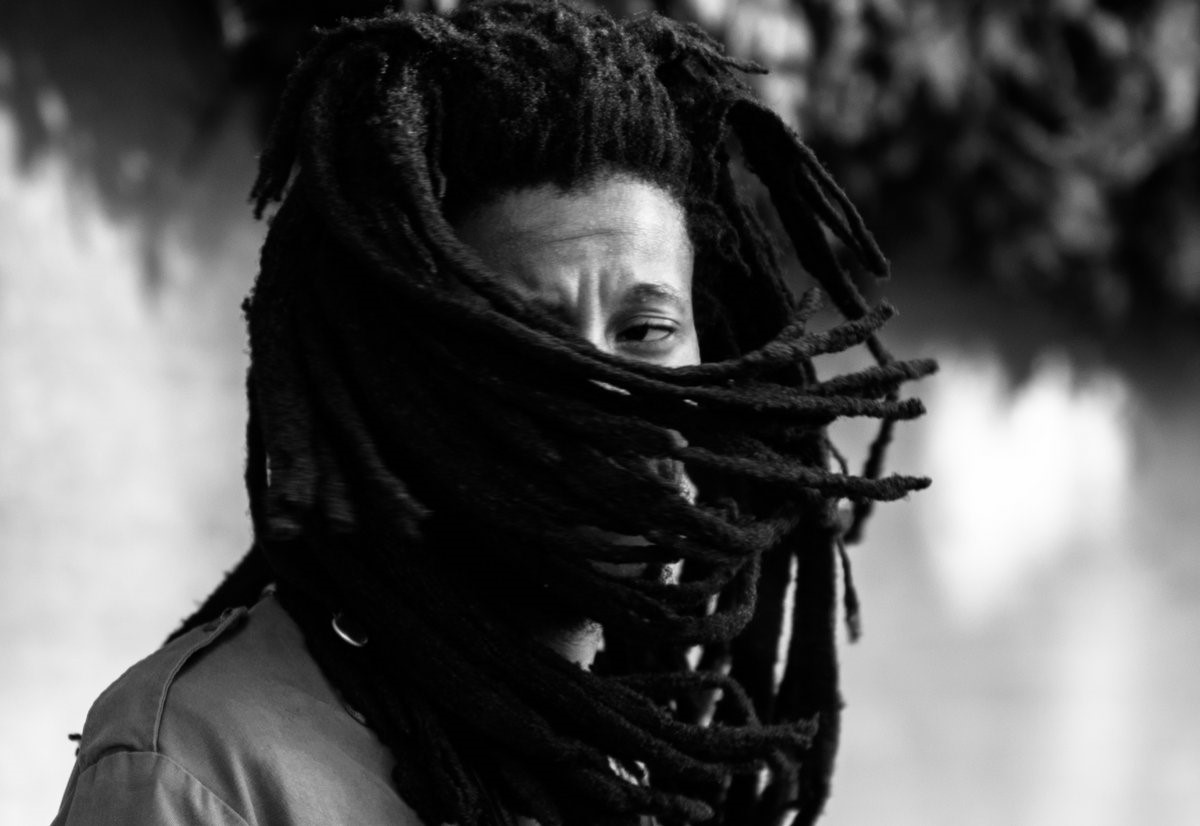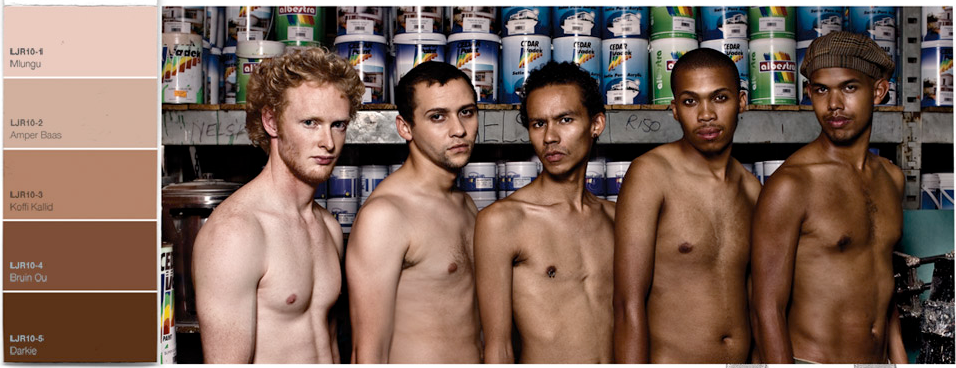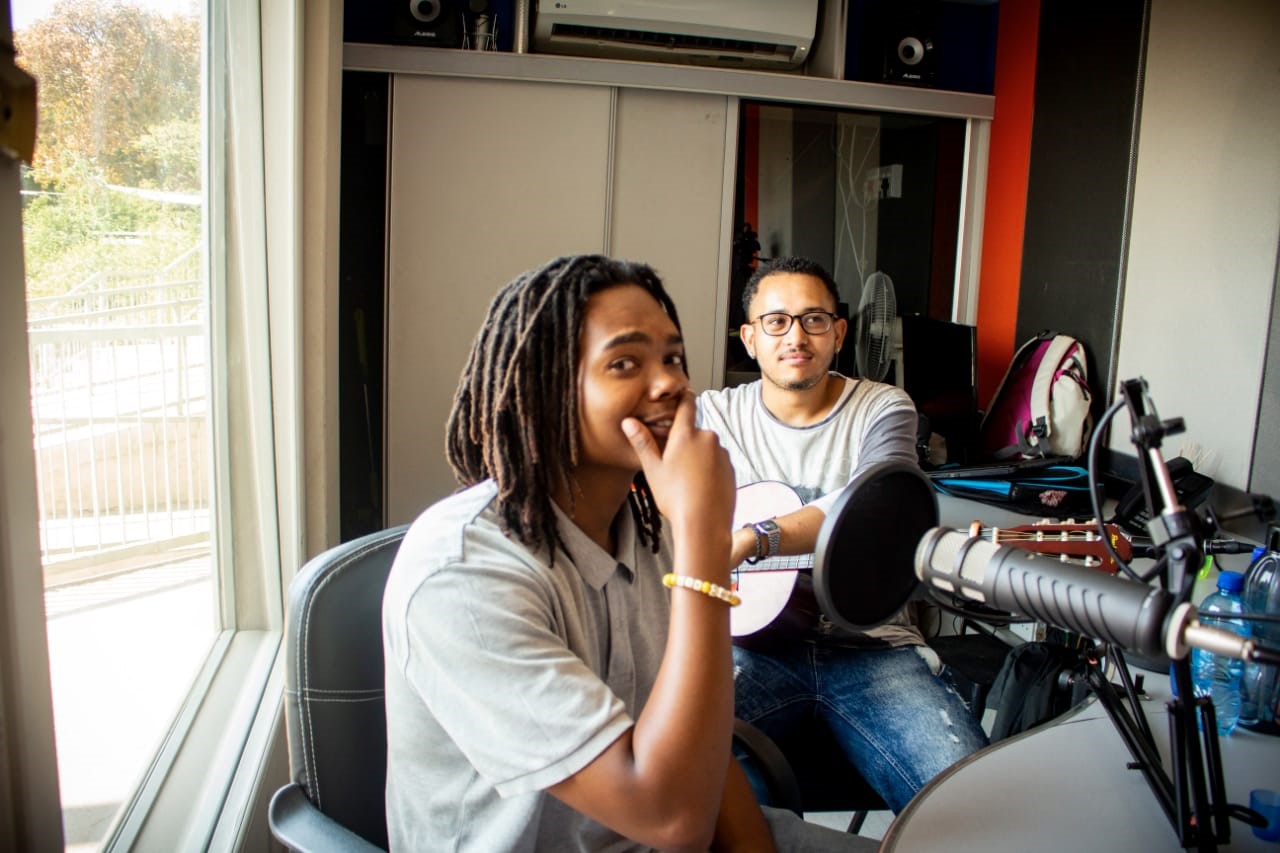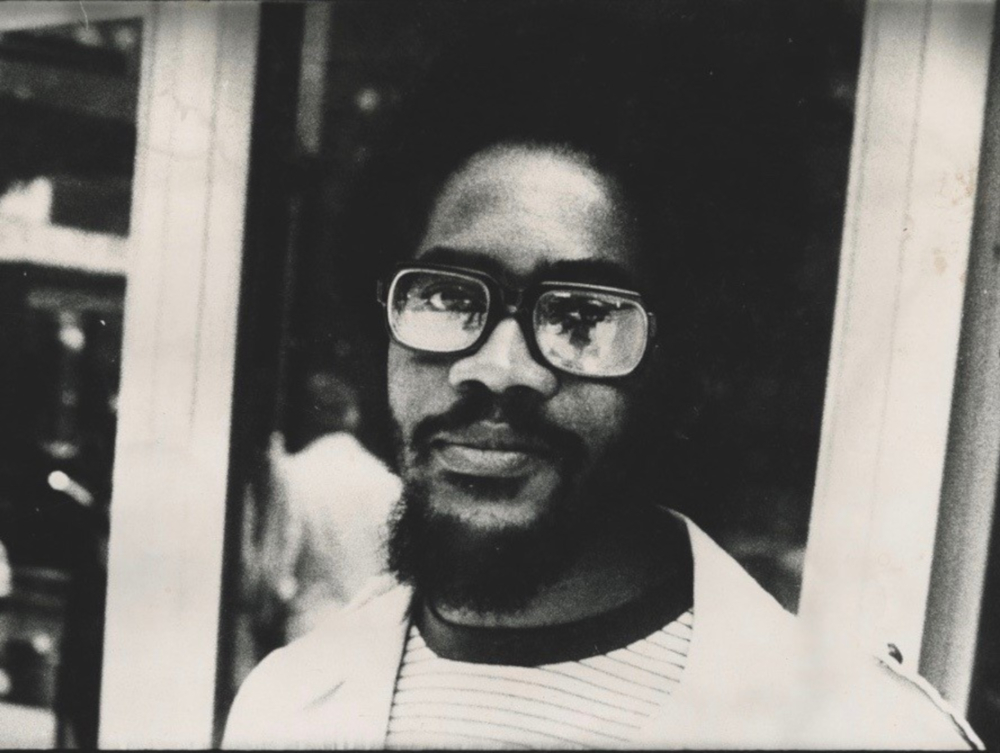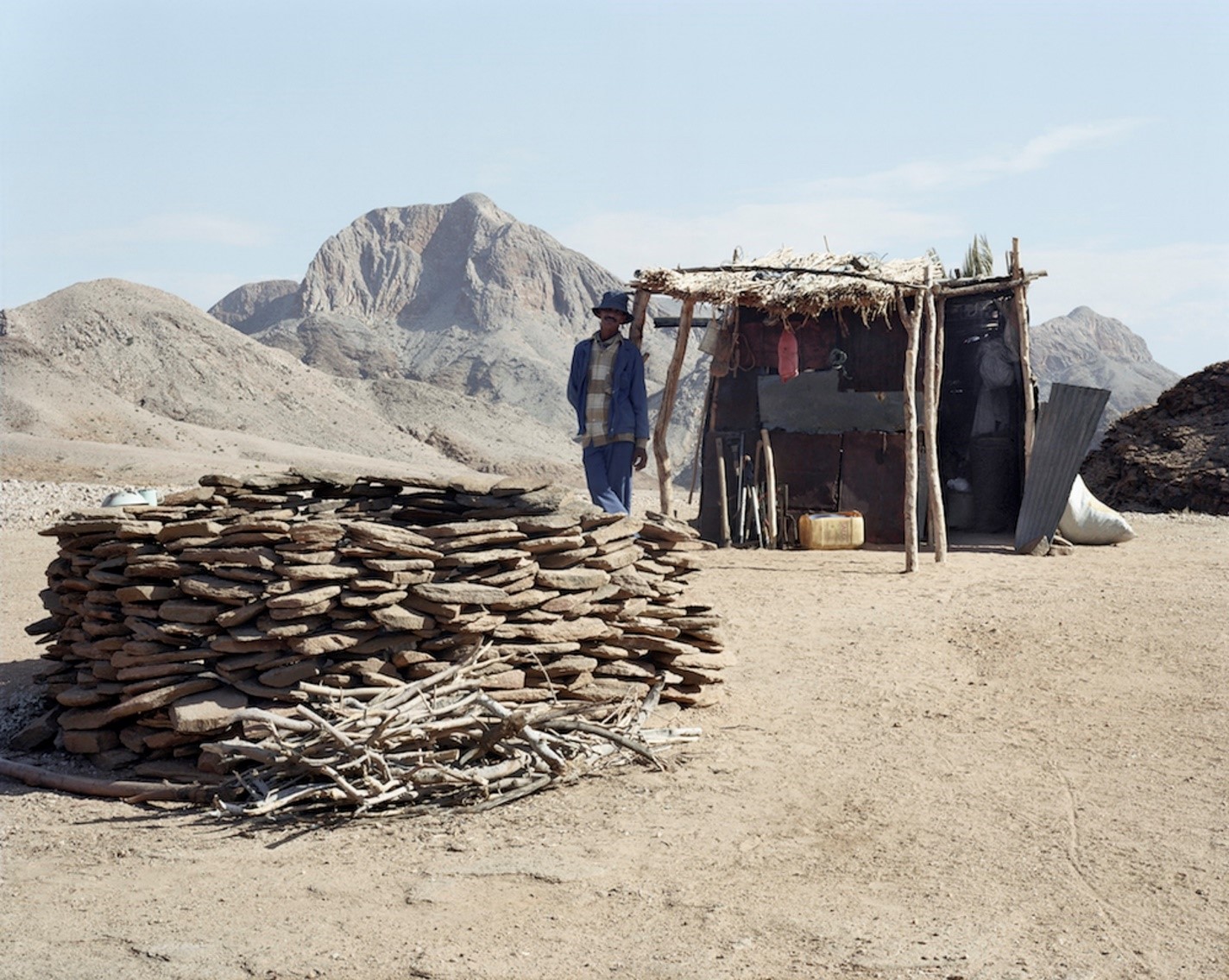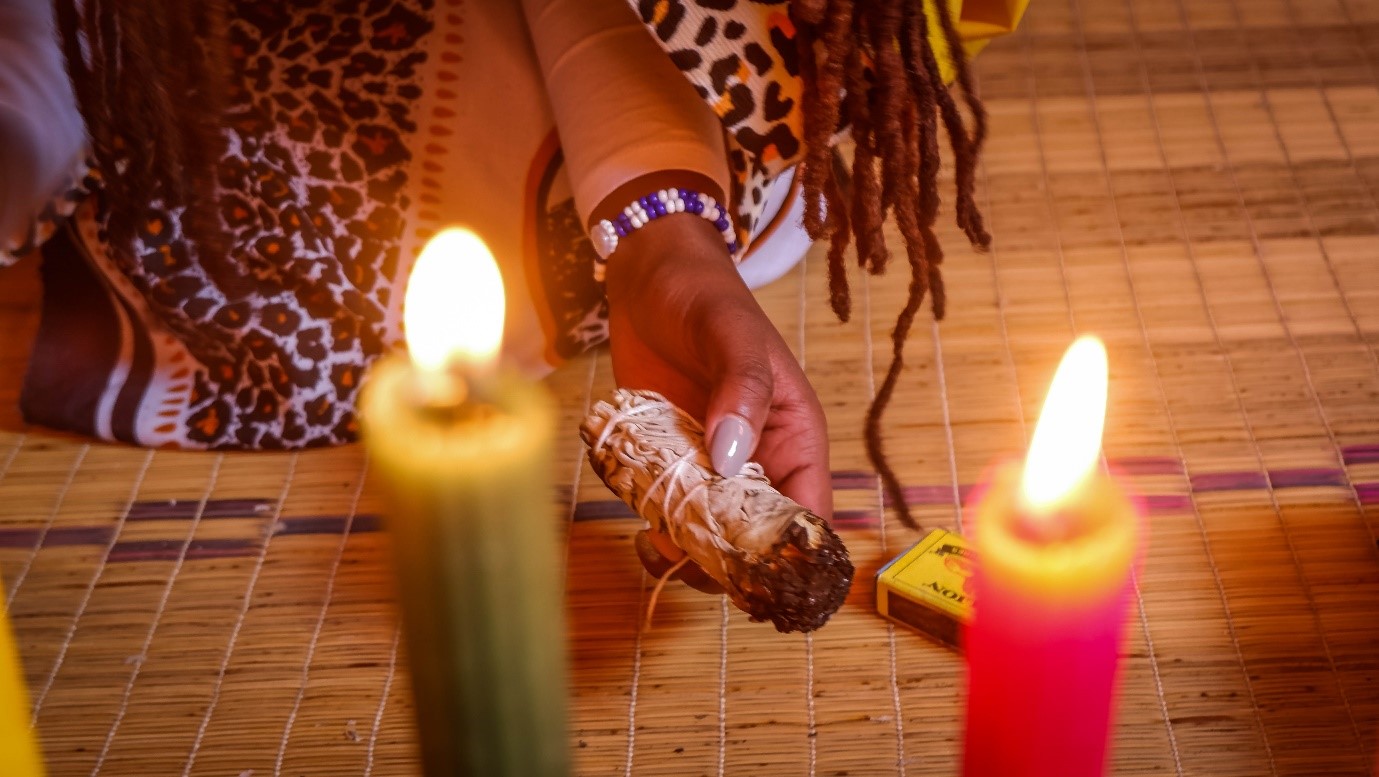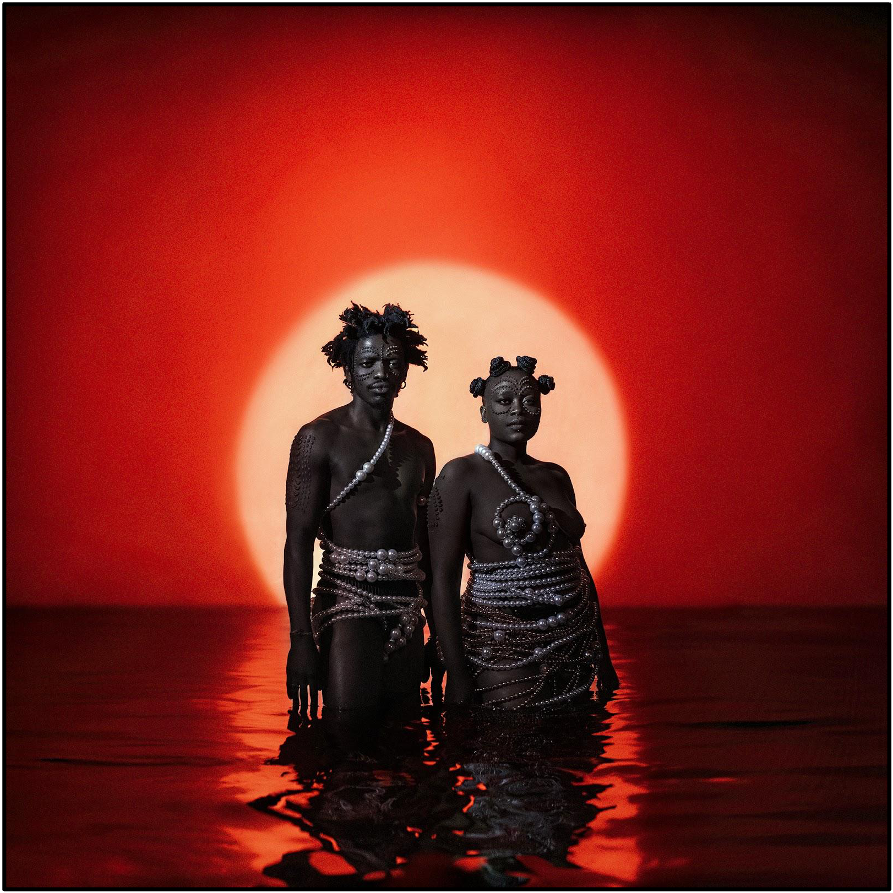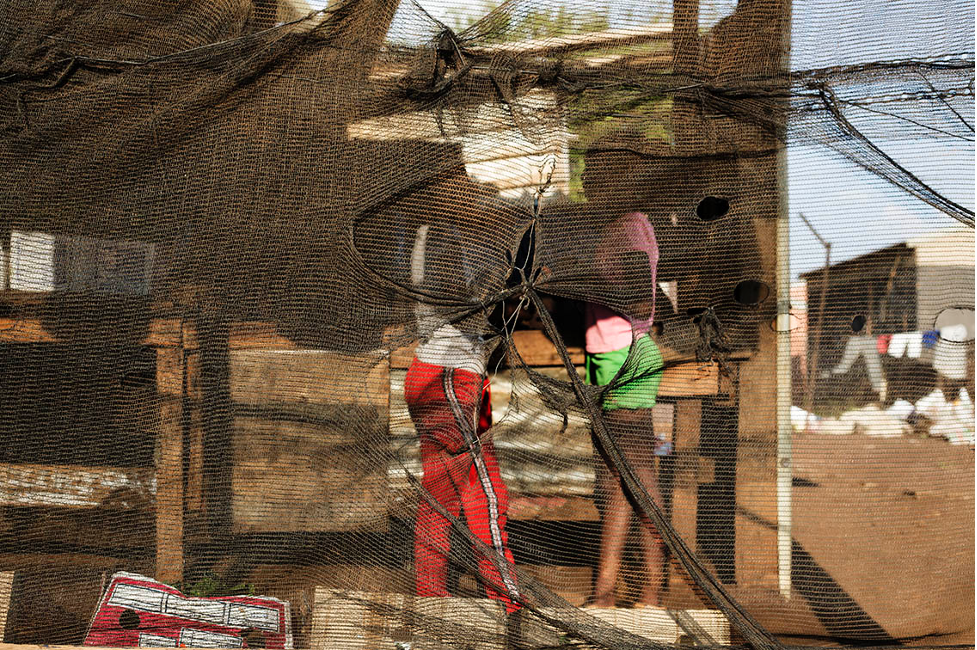The mandate has always been clear when it comes to Black Theatre. As South African literary god, Bhekizizwe Peterson accurately describes in his close reading of H. I. E Dlomo's Black Bulls, Black Theatre’s main prerogative is to order bullshit out of history. It is the primary function of Black Theatre, to unquestionably resist against the chains of oppression, and grab control over the narrative of the Black lived experience. It sings a song of liberation, a chant that should repeatedly ring at the core of our hearts, till our kingdoms come back home to us. A fitting playlist maps out this journey for me, as I write my June exam essay for the Black Theatre course. Deliberately choosing to shuffle, I allow the spirit of Blackness to influence the algorithms on my advertisement-filled Spotify (baf’wethu, feel free to bless me with premium subscription, kubi).
The theme posed to our class, by one of South Africa's most prolific theatre writers and practitioners, and a pioneer of decolonial learning at Wits, Kgafela oa Magogodi, is, "Writing from the African diaspora about Black Theatre, Amiri Baraka paints this picture — “Show the chain. Let them see the chains as object and subject and let them see the chains fall away”. Here Baraka emphasised the need to centre rebellious characters on stage, as an essential feature of Black Theatre. Baraka’s assumptions have found echoes across the Black world, particularly from the 1970’s onwards. For instance, in South Africa, Zakes Mda explains how Black Consciousness theatre practitioners emphasised the criterion of breaking away from the ‘blues’ or ‘protest’ modes —and moving into idioms of ‘agitation’ and ‘resistance’.
Without regurgitating my exam essay, I will give a brief description of where my discussion rests. Black Theatre as an idea comes to rise in the 1970’s as a response, even more so as an agitation, to the challenges of the political climate in Africa and the diaspora at the time. Artists, and the overall Black community, identified with ideas of agency, self-identification and determination. This is when, to loosely quote Steve Biko, removing the shackles of oppression was prioritised and brought into the centre of the praxis of Black resistance. This way of thinking was also the language in artistic spaces, particularly in Black Theatre spaces. From the theatre of exploitation, titillation, to town and township theatre, protest theatre, and the theatre of resistance, we see stages of the rebellious Black in their different hues.
Shuffle goes on to select Simphiwe Dana's Ndiredi, Zama Jobe's Ndawo Yami and Shabaka & the Ancestors’, in that order. While reflecting, living and thinking through play while Black, these songs prompt me to fly, give in, and relentlessly search for the ethereal spirit of Blackness — the same spirit that carried our foremothers and forefathers in those slave ships, jail cells, picket lines, and the underworld. We are reminded, as Zoe Modiga also emphasises elsewhere that, "sibiziwe thina abantu abamnyama". We have the calling. That alone in African Spirituality suggests something very serious. A revolutionary call that has been made by abadala — of which nothing and no one can do anything to stop it.
Bheki Mseleku's Thula Sana and the ever-enchanting Isivunguvungu by that ithemba lamahrumusha of a band from Soweto, kasi lama kasi, Urban Village, whisper in conversation. Thula Sana allows us to lament and heal ourselves. Isivunguvungu's "mama wami ngiyathanda ukuza kuwe" rightly reminds us of the feminine energy that holds us, that enables us to breathe through the wounds of living while Black. Olwethu by Mandisi Dyantyis cries from a distance, giving the assurance that, like a child made and born out of love, we will make it out of this alive.
An advertisement finds expression and interrupts, as I roll my eyes at the nerve of capitalism. I mean how dare it interrupt this artistically spiritual process, bestowed on me by time and destiny? As if talking to me directly Omagugu Makhathini's sultry sound echoes in the background — "yinde lendlela esihambayo" — in Nduduzo's Yehlisani Umoya. A call to abaphezulu to intervene. Izinyanya zethu have had Europeans tarnish their narrative over the long centuries, making us believe that they were, and are, useless. Thankfully, in this house we subscribe to Credo Mutwa's school of thought, particularly the idea that many of the books written by Europeans about Africans should be relegated to the dustbin.

Shosholoza by queen mother Busi Mhlongo then blasts through my speakers, immediately chasing away the demons a multiracial Primary Schooling had left behind. I am reminded of the fearless and relentless spirit of mine workers throughout our history. I am saddened by what movement means to us. I am amazed by how their story is not one depicting heros — and just like that I am tempted to write a play. Timeously, Mountain Shade by Moses Molelekwa not only affirms but encourages me to bask in that compelling creative energy.
The playlist is long, and I am worried this opinion piece will fast turn into a thesis... As a result, I concede to park my thoughts and allow this playlist to continue doing the good work it has done to me, to you. I would, however, like to pose a challenge to the reader. It is important, in Black Theatre, to see Black characters speak truth to power and become victorious. Ask yourself, in the play of your life, in which act do we see the chains that bind you falling off? I often find this an unsettling and uncomfortable truth to ponder, and question to answer — so this playlist is my offering to you — as you attempt to deal with and answer the dreaded questions that living while Black impose upon you.
The Selection (Spotify - Black Theatre)
1.Mandisi Dyantyis - Olwethu
2.Nduduzo Makhathini - Yehlisani uMoya
3.Shabaka and the Ancestors - Mzwandile
4.Urban Village - Isivunguvungu
5.Busi Mhlongo - Shosholoza
6.Busi Mhlongo - Izintsizwa
7.Simphiwe Dana - Iliwa lam
8.Simphiwe Dana - Ndiredi
9.Thandiswa Mazwai - Ngimkhonzile
10.Siya Makhuzeni - Moya oyincwele
11.Moses Taiwa Molelekwa - Mountain Shade
12.Aaron Rambui, Ayanda Sikade, Herbie Tsoaeli - Beauty in our Children
13.Abdullah Ibrahim - Soweto
14.Bheki Mseleku - Thula Sana
15.Khadja Nin - Bwana C.
16.Zamajobe - Ndawo Yami
17.Thandi Ntuli - Love remembers
18.Hugh Masekela - Shango
19.Kyle Shepherd - A. I
20.Jabu Khanyile - Sponky Ponky
21.Kwani Experience - Dipula
22.Zoe Modiga - Abantu

